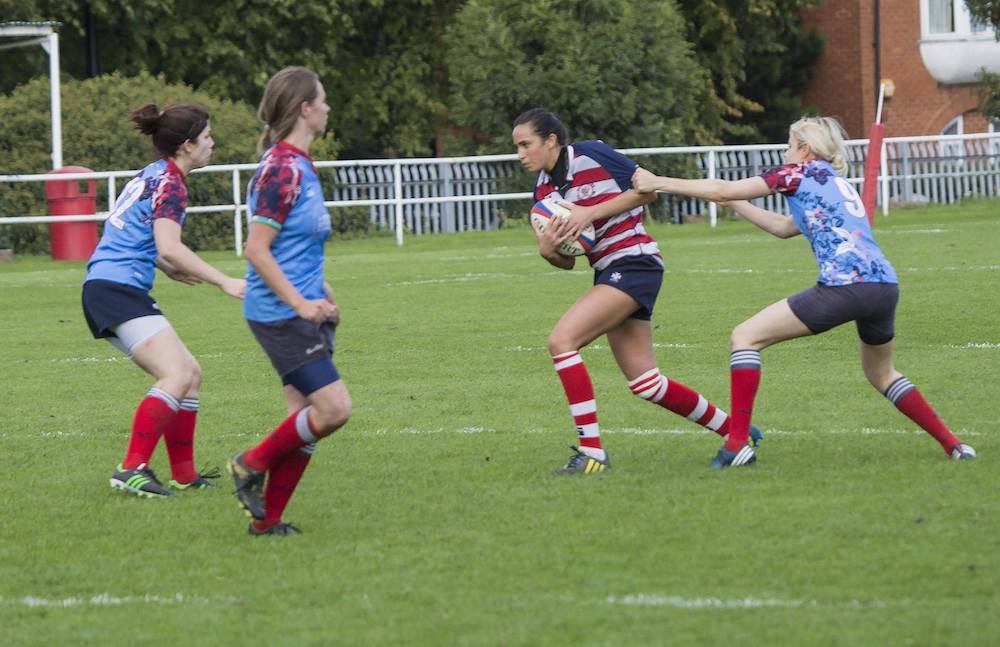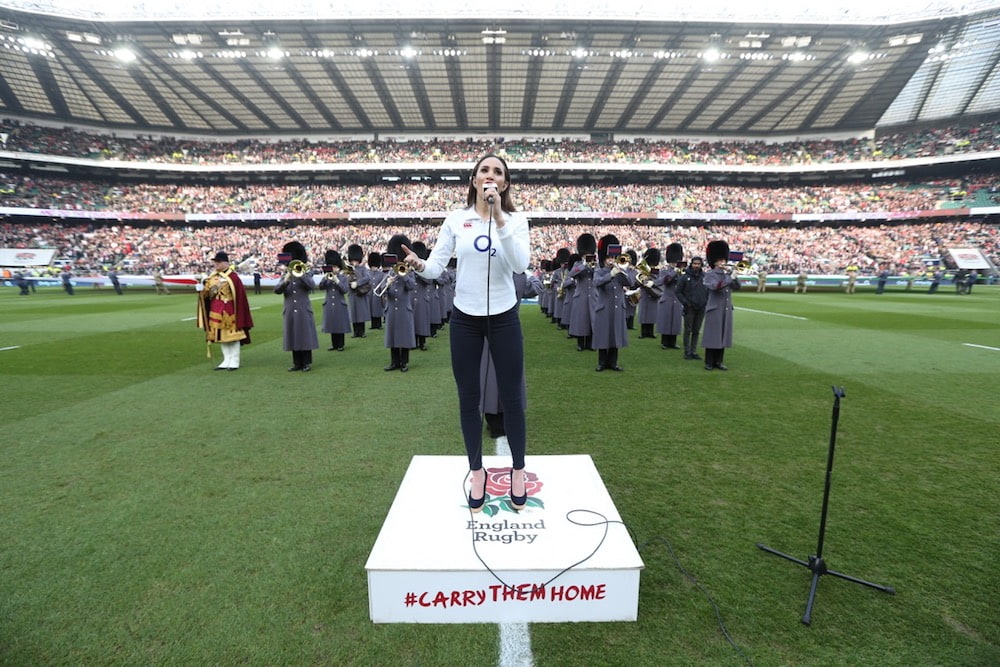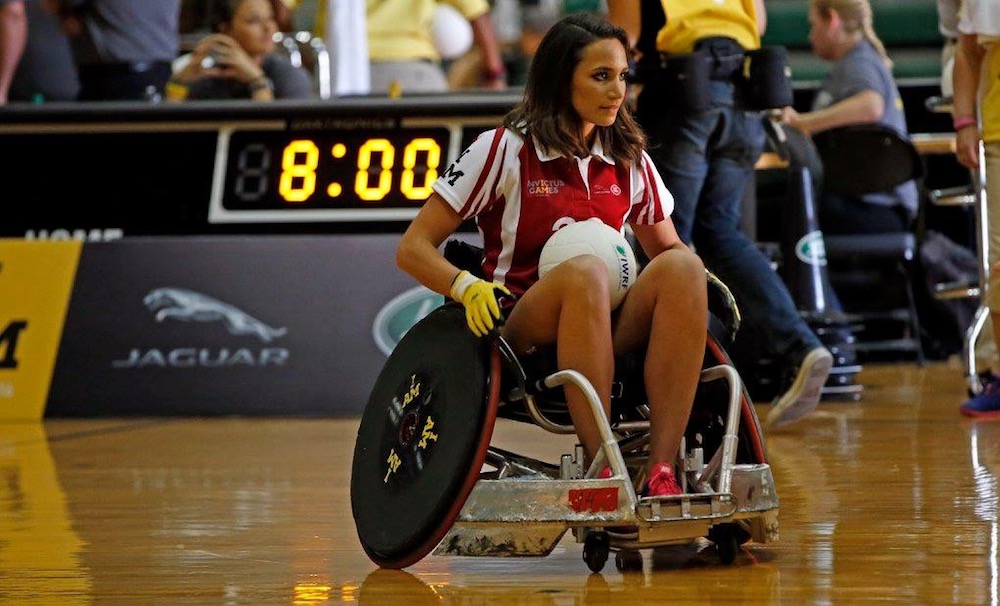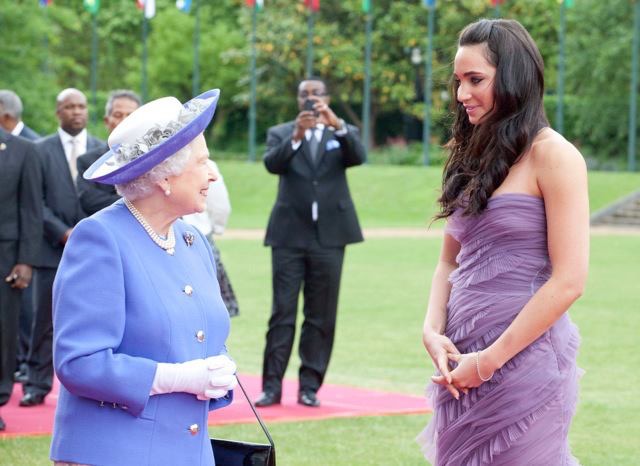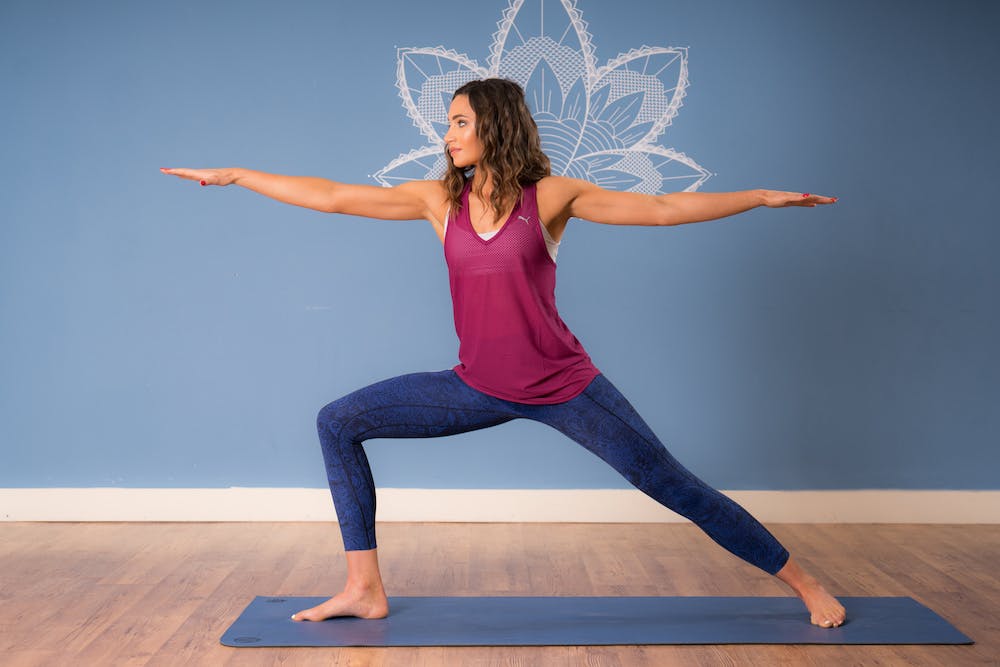
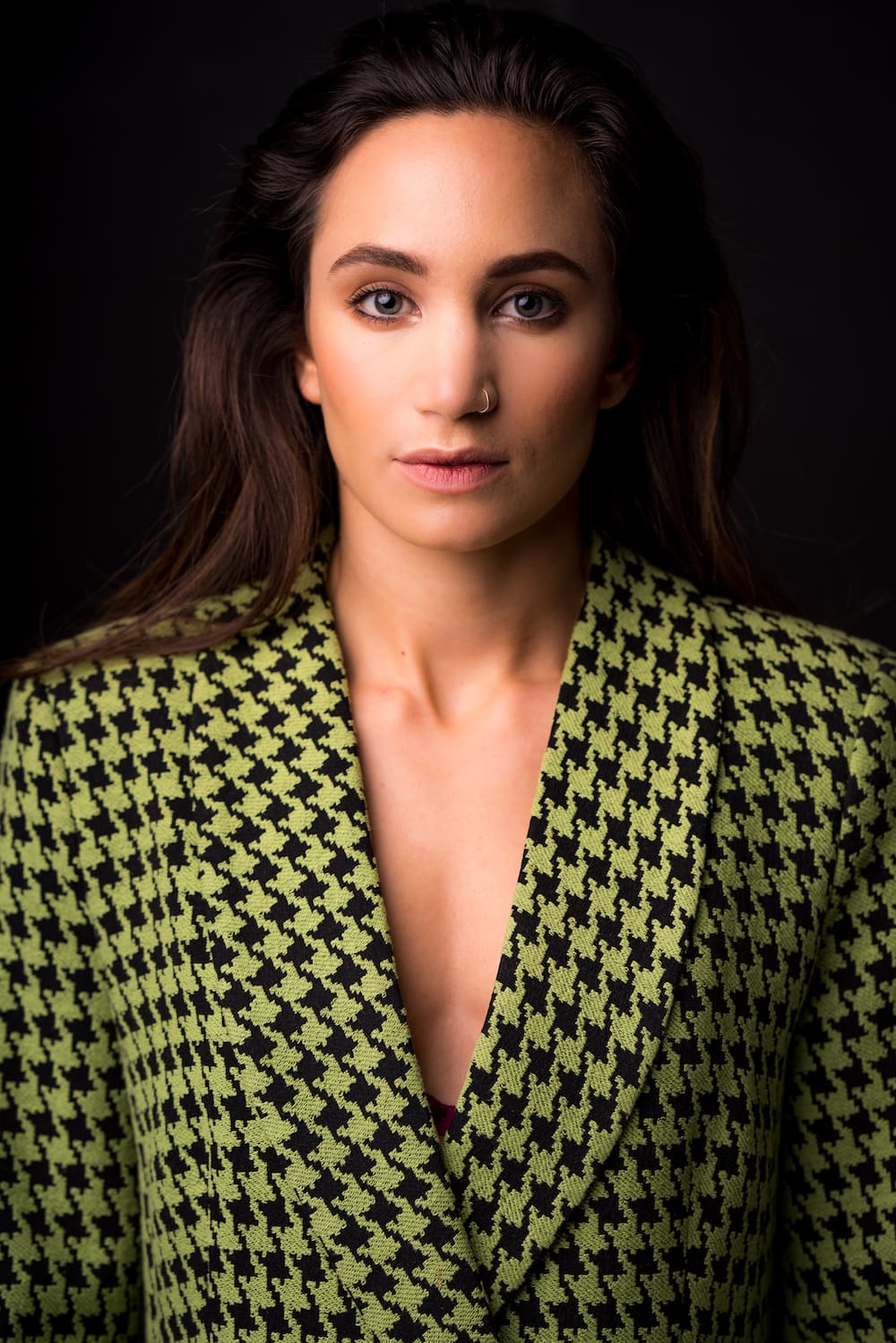
Laura Wright
The 2017 Invictus Games ambassador (and favourite singer of the Royal family) explains how she became inspired by the fighting spirit of our wounded armed services personnel
Chances are you’ll have heard Suffolk-born Laura Wright’s heavenly vocals when she’s performed at some of the biggest events in the world over the past few years. The soprano, 27, has made a name for herself as the first-ever official anthem singer for England Rugby, combining her two passions: music and sport. After being signed to a record label at just 15 years old, and a period of septic arthritis left her confined to a wheelchair for a year, she found the motivation from a stressful childhood to be a keen advocate for positive mental health and wellbeing as well. The healing and unifying power of music has led her to embrace her position as an ambassador for Prince Harry’s Invictus Games, which celebrate the sporting achievements of veterans across the globe and highlight their undefeatable spirit. It’s no wonder the cause resonates with Laura, who embodies that same unconquerable positive energy.
I started singing lessons at 14 because my friends enjoyed them, but I was more into my sport. My music teacher said I should enter a music competition called “Chorister of the Year” with BBC Radio 2, and I won! After that, I auditioned for a group called All Angels and we got signed to Universal. Then seven years ago I sang at my local football club, Ipswich Town, and was asked to sing at Sir Bobby Robson’s memorial game. I had no idea it was going to be televised until I got to the pitch. Sir Bobby’s wife was there, and all these old players were in a circle around me, and I sang “My Way”. That was my introduction into how music could bring people together in a sporting environment. Since then, I’ve tried to carve out a bit of a niche for myself in that world.
Because timing’s really hard, I haven’t played with them in a while. I started when I was about 20, while studying opera at the Royal College of Music. I had three older brothers who played rugby, so I was just desperate to have a go, like, “I’m a girl, but whatever, I can play rugby!” Being quite a girly girl, I liked the idea that any personality can play a sport that’s predominantly known as being more of a male sport. I struggle to fit it all in now, but sport is a massive part of my life.
Interestingly enough, whenever I’m at a concert and say, “I used to play a bit of rugby and still play now,” people laugh. Genuinely they chuckle! It’s probably to do with me wearing a dress at the time, but I say there’s nothing wrong with playing that kind of sport. I sang at the England Women’s Cricket World Cup and they won, and it got watched by more people than a Premier League football game – so, point proven! The England women’s cricket team have proven that if you’re an expert in your field, people will flock to come and see it.
Lots of different things need to be happening simultaneously for everything to fall into place. We need the teams, we need the money to put into the sport to create the opportunities, and then we also need other women to support each other. The women’s XVs England rugby team are going into the world cup and their contracts are being terminated afterwards by the RFU, because they want to put the money into the sevens. In what world would you see that happen in the men’s side of the game?
I felt so lucky. Some people lap it up as performers, but when I go out, it’s not about me. Obviously, I’m thinking about my performance and I want to sing well, but everyone’s there to watch the sport. If you can get everyone to become this big team that supports the team, that’s where it becomes really exciting. I used to wear dresses and be really glamourous, but now I just wear a rugby shirt and jeans because I feel like one of the supporters then.
I was about nine years old when I got septic arthritis, and was in a wheelchair for nearly a year. It has massively shaped me, and I think it’s why I’m quite driven now. But it was really hard for my family as well. When I talk about mental health with other projects I’m involved with, that’s why I’m concerned about making sure there’s a safe environment for the family and everyone around that person. When I first talked about it, my mum had to tell me quite a lot of the things that happened. She said: “You had to have quite a lot of operations. At one point, we were told to be sure we spent some time with you.” At that age, you don’t have the fear, but the older you get, the scarier it gets.
My body's way of dealing with stress at that point was for my hair to fall out
Yes, one of my best friends told me. It started on the crown of my head so I didn’t notice it. When you’re younger, you don’t really know what stress is, or know how your body will react to it. My body’s way of dealing with stress at that point was for my hair to fall out. I think it was because I had my GCSEs, but I was also in the group All Angels, recording albums, travelling around the world singing, and I didn’t realise that I’d taken on too much. As adults, we have ways of dealing with that with mindfulness and tools to help with anxiety, but when you’re younger no one really tells you how to cope with it.
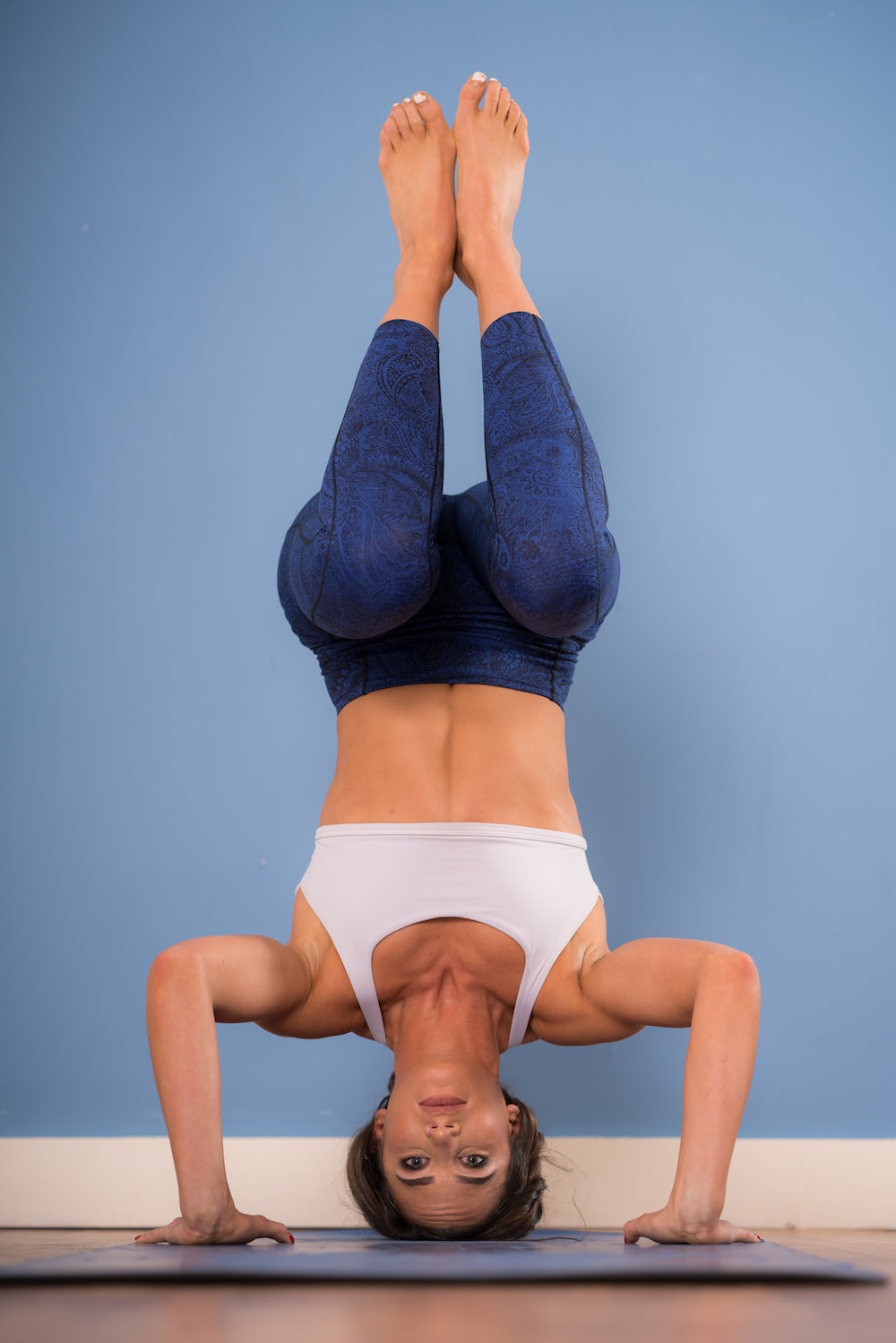
It sounds simple, but it was learning to say “no” to things. I’m one of those people who’s a bit of a people-pleaser. You constantly want to be a better person and to help things that you care about, but learning how to say no and to look after yourself, and giving yourself some space is nothing to be ashamed of.
I’d written a piece of music, and my manager at the time heard about the Invictus Games. Prince Harry had seen the Warrior Games in America and was bringing them over to the UK, so I proposed my song to be part of the ceremony. Prince Harry really liked the song, and then I adjusted a few of the lyrics after spending time with the competitors. I adapted it to reflect the games as best as I feel it could. With anything for charity, I want to know about them, their cause and the people who benefit from them. So, I went to lots of training sessions, I played wheelchair rugby, and tried to understand how beneficial the Invictus Games are and continue to be. is isn’t just sport, it’s rehabilitation. A er being involved in the first games, the song has become their anthem.
That’s where you sit down and think: “That’s why I do what I do.” I remember saying out in Orlando, Florida, that if one person watches this opening ceremony or one of the games and says, “I’m going to do that,” that’s what it’s all about. Americans are very good at respecting their veterans and rehabilitating them back into everyday life. In the UK, we’re lacking in that, and that’s why it’s so amazing Prince Harry has pioneered the games.
I tried not to think about it too much because I’d probably burst into tears. When you’re faced with ex-servicemen and women who have a high amputee level, you sit there and you’re grateful.
I was really lucky to be involved and have a go at the sport. They proper go for it! Because you’re in the chair, you’ve got no fear. If you get hit, the chair gets hit. What’s nice is seeing the spirit of the games: win lose or draw, you share it with your team mates.
Laura meeting the Queen
It’s an absolute honour to be honest with you! We sit there in amazement at the public interest in their lives and I think they handle it so well. They dedicate their lives to raising funds, or profiles, or causes that need help. When you’re asked to be involved, you think what greater honour is there than to have those people present when you’re performing. Of course, I get a lot more nervous if that’s the case, but you come away thinking: “That’s something I’m going to remember for the rest of my life.”
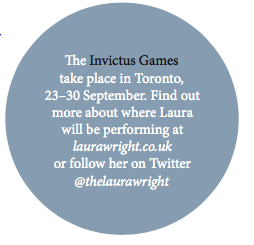
Yes absolutely, I’d love to be involved with the Prince’s Trust in the future. I work with SportsAid who channel the idea of sport helping mental health and wellbeing, and that’s where I feel I can really contribute – on the sports side of things. I’m actually doing the Ride 100 for SportsAid. I’m always looking for challenges, so if I did a marathon again I’d probably choose Heads Together or a mental health charity. Also, I will be cycling across Zambia next year for the Wildlife Foundation in order to help baby elephants being released back into the wild.
